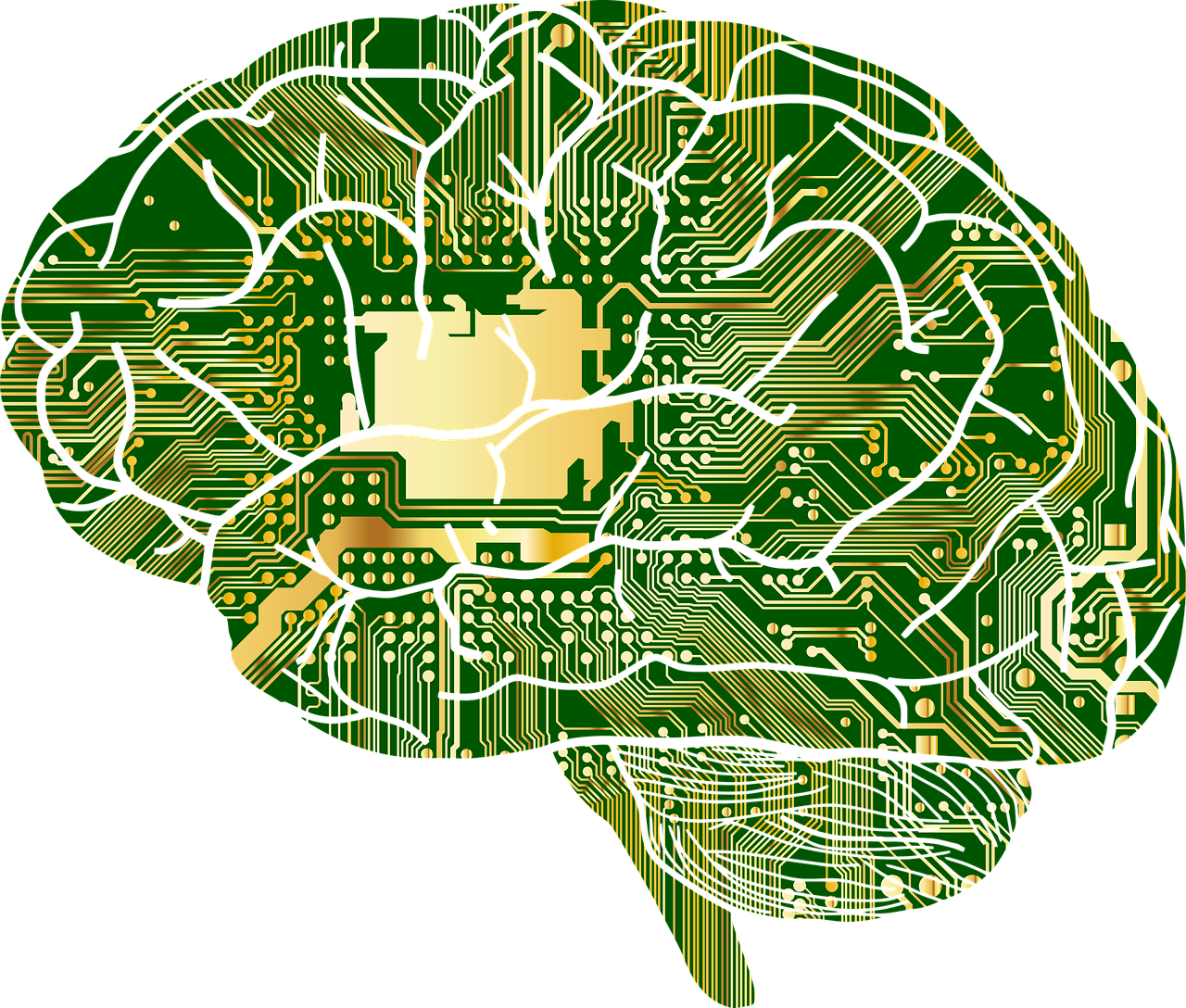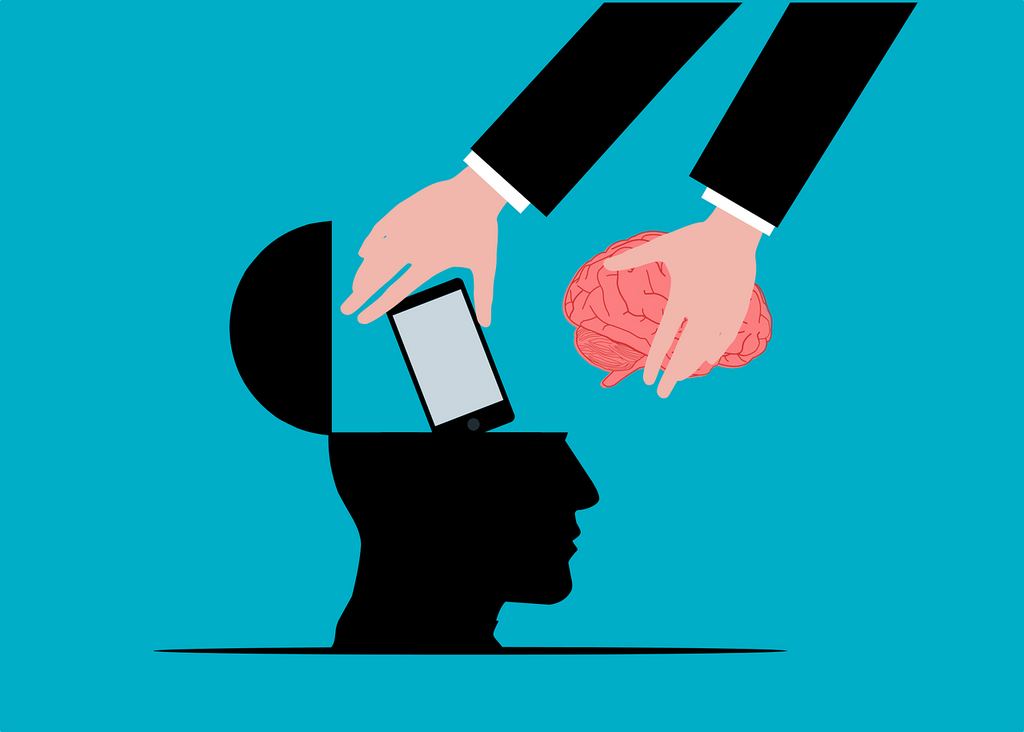In today's rapidly advancing world, you might have heard a lot of chatter about something called "AI." But what exactly is AI, and why is it creating such a buzz? Don't worry; we're here to break it down for you in simple terms. This blog post aims to explain the concept of AI to senior citizens, helping you understand what all this talk is about.
What is AI?
AI stands for Artificial Intelligence. Think of it as a type of technology that allows computers and machines to perform tasks that normally require human intelligence. Just like we use our brains to think, learn, and solve problems, AI enables computers to mimic these processes.
Types of AI:
There are two main types of AI: narrow AI and general AI.
Narrow AI:
This type of AI is designed for a specific task. For example, your smartphone might use AI to understand your voice commands and provide you with directions.
General AI:
This is like the AI you might see in movies, where machines have human-like intelligence and can perform a wide range of tasks. However, we're not quite there yet and are still working on developing this level of AI.
How Does AI Work?
AI uses something called "machine learning." Imagine teaching a computer to do something by showing it lots of examples. Over time, the computer learns patterns and rules from these examples and gets better at the task. It's like teaching a grandchild to recognize animals by showing them pictures and telling them their names.
Everyday AI Examples:
Here are a few examples of how AI is used in our daily lives:
1. Smart Assistants: Devices like Amazon's Alexa and Apple's Siri use AI to understand your voice commands and answer your questions.
2. Recommendation Systems: When Netflix suggests shows or movies you might like, it's using AI to analyze your preferences based on what you've watched before.
3. Healthcare: AI can help doctors analyze medical images like X-rays and MRIs to spot potential issues.
4. Navigation: GPS apps use AI to find you the fastest route by considering traffic conditions.

Benefits of AI: A Deeper Dive
Artificial Intelligence (AI) is revolutionizing the way we interact with technology and the world around us. Its applications span various industries, and its benefits are both practical and profound. Let's delve deeper into the advantages of AI:
1. Efficiency and Automation:
AI excels at handling repetitive tasks with precision and speed. This means that processes that once required human intervention can now be automated, freeing up valuable time and resources. For example:
- Manufacturing: Robots equipped with AI can assemble products with high accuracy and consistency, boosting production efficiency.
- Customer Support: Chatbots can handle basic customer queries 24/7, providing instant responses and improving customer satisfaction.
2. Data Analysis and Insights:
AI has the ability to analyze massive amounts of data, identifying patterns and trends that might be impossible for humans to spot. This has a wide range of applications:
- Healthcare: AI algorithms can analyze patient records and medical images to predict disease risks and suggest personalized treatments.
- Finance: AI-powered algorithms can analyze financial data in real time, detecting fraud and predicting market trends.
3. Personalization and Recommendation:
AI systems can understand user preferences based on their interactions and behaviors, enabling personalized recommendations and experiences:
- E-commerce: Online retailers use AI to suggest products similar to what you've purchased before, enhancing your shopping experience.
- Streaming Services: AI algorithms recommend movies, shows, and music based on your viewing and listening history.
4. Improved Decision-Making:
AI can analyze complex scenarios and provide insights to support decision-making processes:
- Business: AI-driven analytics can help companies identify growth opportunities, optimize supply chains, and make strategic decisions.
- Urban Planning: AI models can simulate traffic patterns and city growth, aiding city planners in making informed decisions about infrastructure development.
5. Healthcare Advancements:
AI is transforming healthcare by enabling quicker diagnoses and personalized treatments:
- Diagnostics: AI-powered tools can analyze medical images, such as MRI scans, to identify abnormalities that might be missed by human eyes.
- Drug Discovery: AI algorithms can predict the effectiveness of potential drugs, accelerating the drug discovery process.
6. Enhanced Learning and Education:
AI can tailor educational experiences to individual students' needs and learning styles:
- Adaptive Learning: AI-powered platforms adjust the difficulty and content of lessons to match students' proficiency levels, improving learning outcomes.
- Language Learning: AI apps offer real-time language translation and pronunciation assistance, making language learning more immersive.
7. Scientific Research:
AI is making breakthroughs in scientific fields by simulating experiments and analyzing data:
- Astronomy: AI algorithms analyze vast amounts of astronomical data to identify celestial objects and phenomena.
- Chemistry: AI models predict molecular interactions, aiding drug development and material science.
8. Environmental Impact:
AI can be harnessed to address environmental challenges:
- Energy Efficiency: AI systems optimize energy consumption in buildings and power grids, reducing environmental impact.
- Conservation: AI-enabled sensors track wildlife movements and behavior, aiding in conservation efforts.
AI offers a multitude of benefits that touch almost every aspect of our lives. It's enhancing efficiency, enabling smarter decision-making, and pushing the boundaries of what's possible in various fields. While concerns about ethics, bias, and job displacement exist, the positive potential of AI to improve our quality of life is undeniable. Embracing AI's capabilities while addressing its challenges is key to harnessing its full potential for the benefit of society.
Concerns about AI:
While Artificial Intelligence (AI) presents numerous benefits, it also raises important concerns that require careful consideration. As we embrace the potential of AI, we must also address these challenges to ensure its responsible and ethical deployment. Here are some key concerns associated with AI:
1. Job Displacement:
One of the most significant worries is that AI and automation might replace certain jobs, leading to unemployment or shifts in the job market. Tasks that are routine and repetitive, such as data entry or assembly line work, are susceptible to automation. To mitigate this concern, it's essential to focus on reskilling and upskilling the workforce to adapt to new roles that require uniquely human skills like creativity, emotional intelligence, and complex problem-solving.
2. Bias and Fairness:
AI systems learn from data, and if the training data is biased, the AI can inherit those biases. This can result in unfair or discriminatory decisions, especially in areas like hiring, lending, and law enforcement. Developers must be vigilant in identifying and mitigating biases within AI algorithms to ensure fair and just outcomes.
3. Privacy and Data Security:
AI relies on vast amounts of data to learn and make predictions. This raises concerns about the privacy of personal data and the potential for data breaches. Striking a balance between using data to improve AI while safeguarding individuals' privacy is crucial. Strong data protection regulations and robust security measures are necessary to prevent unauthorized access and misuse of sensitive information.
4. Ethical Decision-Making:
AI systems are designed to make decisions based on patterns in data. However, these decisions may raise ethical dilemmas when facing complex situations without clear right or wrong answers. Ensuring that AI systems align with ethical principles and human values requires ongoing collaboration between technologists, ethicists, and policymakers.
5. Transparency and Accountability:
AI models can be intricate and challenging to understand, leading to a lack of transparency in decision-making processes. When an AI makes a decision, it's vital to have mechanisms in place that allow humans to understand how that decision was reached. Establishing accountability for AI-generated outcomes is equally important, especially in cases where decisions have significant consequences.
6. Dependence on AI:
Overreliance on AI systems can lead to reduced human expertise and critical thinking skills. When humans blindly trust AI-generated recommendations without understanding their underlying rationale, it can erode our ability to make informed judgments independently.

7. Unintended Consequences:
The complexity of AI systems means that unexpected outcomes can arise. Self-learning AI models might interpret data or instructions in ways that their creators didn't anticipate. Ensuring a robust feedback loop and constant monitoring of AI systems can help identify and address any unintended consequences.
8. Security Risks:
Just as AI can be used for positive purposes, it can also be exploited by malicious actors. Hackers might use AI to automate cyberattacks, leading to more sophisticated threats. Developing AI systems with built-in security features and staying vigilant against potential risks is essential.
AI offers transformative benefits, it's crucial to approach its development and deployment with awareness of the associated concerns. Addressing these challenges requires collaboration between technologists, policymakers, ethicists, and society at large. By fostering responsible AI development, we can harness its potential while minimizing the risks and ensuring a positive impact on our lives and the world around us.
Conclusion:
AI might seem complex at first, but it's essentially a tool that helps computers do tasks that require human-like intelligence. From recommending movies to aiding doctors in diagnosing illnesses, AI is becoming more integrated into our lives. Just like you've seen technology evolve over the years, AI is another exciting step in the journey of innovation.


